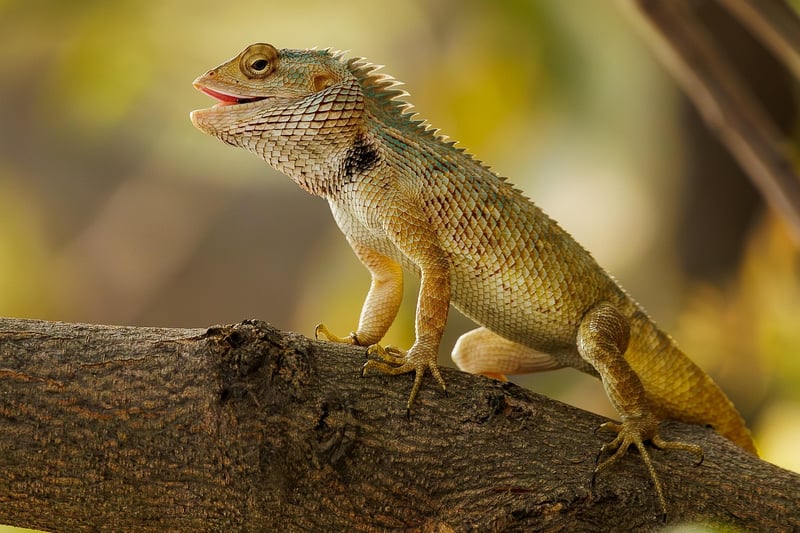Pest Control Methods
Essential Plant Care and Pest Control Methods
Introduction
Proper plant care is essential for maintaining a healthy and thriving garden or indoor space. In addition to providing the right amount of water, sunlight, and nutrients, it's crucial to be vigilant about pest control to prevent damage to your plants. In this article, we will explore some essential plant care tips and effective pest control methods to help you keep your plants healthy and pest-free.
Plant Care Tips
- Watering: Ensure plants receive the correct amount of water based on their specific needs. Over-watering can lead to root rot, while under-watering can cause wilting.
- Light: Place plants in locations that provide the appropriate amount of sunlight. Some plants thrive in direct sunlight, while others prefer indirect light.
- Soil: Use well-draining soil to prevent waterlogging, which can harm plant roots. Consider repotting plants when they outgrow their containers.
- Fertilization: Feed plants with a balanced fertilizer to promote healthy growth. Be cautious not to over-fertilize, as it can damage the plant.
- Pruning: Regularly trim dead or overgrown branches to encourage new growth and maintain the plant's shape.
Pest Control Methods
Despite our best efforts, plants can still fall victim to pests. Here are some effective pest control methods to keep your plants safe:
1. Natural Predators
Introduce beneficial insects like ladybugs or lacewings that prey on common plant pests such as aphids or spider mites.
2. Neem Oil
Neem oil is a natural insecticide that can be effective against a variety of pests. Dilute it according to the instructions and spray it on affected plants.
3. Horticultural Oils
Horticultural oils smother pests like scales, mites, and aphids. Apply these oils as directed, taking care to cover the entire plant surface.
4. Soap Sprays
Mix mild soap with water to create a spray that disrupts pests' cell membranes, ultimately leading to their demise. Rinse plants after a few hours to prevent damage.
5. Cultural Controls
Practicing good plant hygiene, such as removing dead leaves and debris, can help reduce pest populations and prevent infestations.
Conclusion
By following these essential plant care tips and implementing effective pest control methods, you can create a healthy environment for your plants to thrive. Regular monitoring and prompt action against pests will ensure your plants remain vibrant and beautiful.
Remember, a little care and attention go a long way in maintaining a green and pest-free space!


